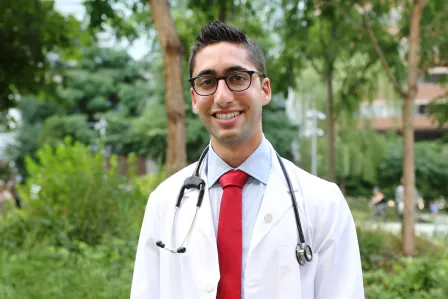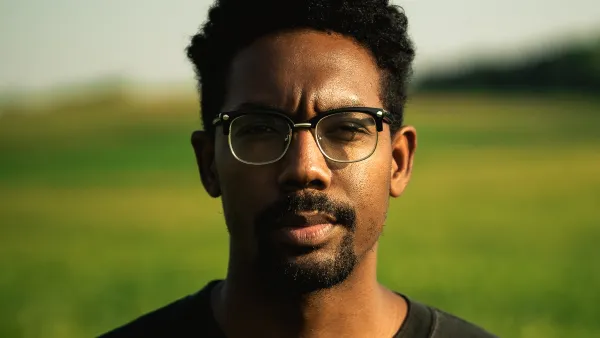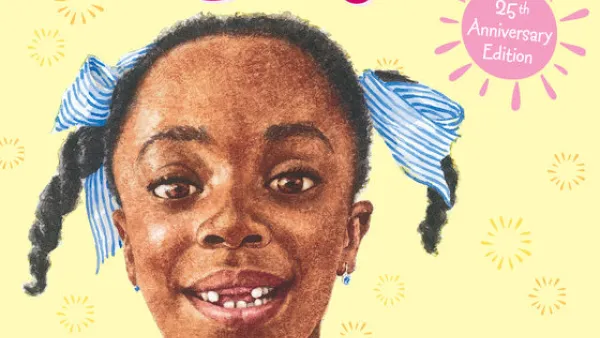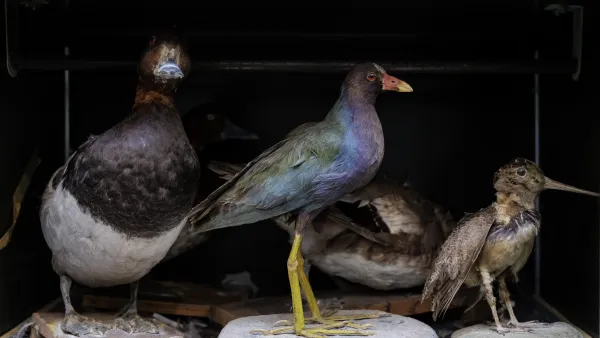Skyler Kessler, Class of 2018, describes how studying the medical humanities prepared him for medical school.

Skyler Kessler, a second-year medical student at WashU, was only 12 years old when he first began exploring what it might be like to be a medical professional. As a young participant in the junior fire department in New York, he got to witness his community’s rescue squad of emergency medical technicians (EMTs) and paramedics in action, and was so inspired by their positive impact on the community that he became a licensed EMT as soon as he turned 18 and spent the summer volunteering as a full member of the rescue squad. This gave him hands-on experience caring for patients that solidified his long-growing inclination toward the medical profession. He says, “From that point on, I really knew that I wanted to go into medicine.”
Kessler began his undergraduate career at WashU as many pre-med students do, by loading his course schedule with math and science. It seemed only natural that a biology major with an interest in medicine would stick to the hard sciences, but after his first two years, he began to feel a little burnt out and wanted to try something new. He explains that he decided to try the medical humanities because, “I was kind of afraid of the humanities and I wanted to challenge myself and kind of get out of the bubble of the basic science courses.” He also suspected that taking a humanities course or two could help him if he became a physician. “I knew that being a good communicator and being a good writer were going to be important for pursuing a career in medicine because obviously you have to interact with people every day,” he says.
Today, Kessler is entering his second year of medical school at WashU, and he credits the medical humanities with giving him a unique perspective that he believes will help him to be a better physician. While his biology may have helped him understand the individual functions of body parts, he believes doctors need a bit of the humanities to understand the broader picture, arguing “It is really important not to judge people…and do your best to treat them as a whole patient and not like a conglomeration of organ systems.”
One humanities course in particular, “Writing and Medicine,” has even influenced Kessler’s current research interests. In this class, which he took with Jennifer Arch, he was exposed to popular articles about patient experiences with sickness, pain and dying, as well as articles about how medicine interacts with society, offering him a broader perspective of medicine that he was getting in his science courses. One of these articles was about the present opioid crisis, and it had such a strong impact on him that he decided to get involved in research on opioid use disorder once he became a medical student. He is currently working on a public health project with emergency medicine at Barnes Jewish Hospital in which he assesses what type of medication is best to administer in a hospital as part of a medication assisted therapy for opioid use disorder.
“It is really important not to judge people…and do your best to treat them as a whole patient and not like a conglomeration of organ systems.” — Skyler Kessler
Because of the positive impact that the medical humanities have had on his own perspective, Kessler has teamed up with another first-year medical student at WashU to create a medical humanities student group on the medical campus. “In med school there is really not a great emphasis on medical humanities in the current curriculum, and there was no student group prior to our class that promoted the incorporation of the medical humanities into our curriculum at all,” he notes. He felt like this was a hole in the standard education of doctors, and sensed that many of his fellow medical students would be interested in the more holistic approach to medicine that his undergraduate medical humanities courses had helped him develop. He and another first-year, Craig Pearson, began organizing dinner events in which they would discuss popular articles about medicine with other students, and soon the group began participating in other medical humanities-related events as well. They attended WashU’s Frankenstein bicentennial, and even put together a poetry reading. They currently have about 15 regular members, and are finalizing the process of becoming an official student group on the medical campus.
Kessler doubts he would have ever started the student group had he not been exposed to the medical humanities as an undergraduate. “I don’t even know if I would have even realized these interests that I had, had I not taken that coursework, and I certainly wouldn’t have been able to connect with people with similar interests if I hadn’t realized my own,” he says.
When asked what advice he has for current undergraduates who are thinking about medical school, Kessler recommends that students challenge themselves to go beyond the regular premed curriculum. “While it is important to understand the basic science that you learn in undergrad, the courses that will really help you become a better clinician in your undergraduate coursework are the humanities courses, because they allow you understand other people,” he claims. This may mean taking on a minor in the medical humanities, or just taking a course or two from their listings.
Kessler also encourages students to get involved in practical ways in their community. “St. Louis is an unfortunate example of disparities in health care, and there are so many opportunities to get involved and help make changes, and volunteers are needed in a ton of different areas,” he says, “so I would urge students to get involved and see what that aspect of medicine is like.”
Kessler practices what he preaches. Even though he is now in medical school, he still volunteers as a licensed EMT over the summers in his hometown, and he can already see how his undergraduate experience has made him more compassionate toward the people he serves in this context. He says that he has “become more sympathetic and understanding because of my background in the humanities.”



